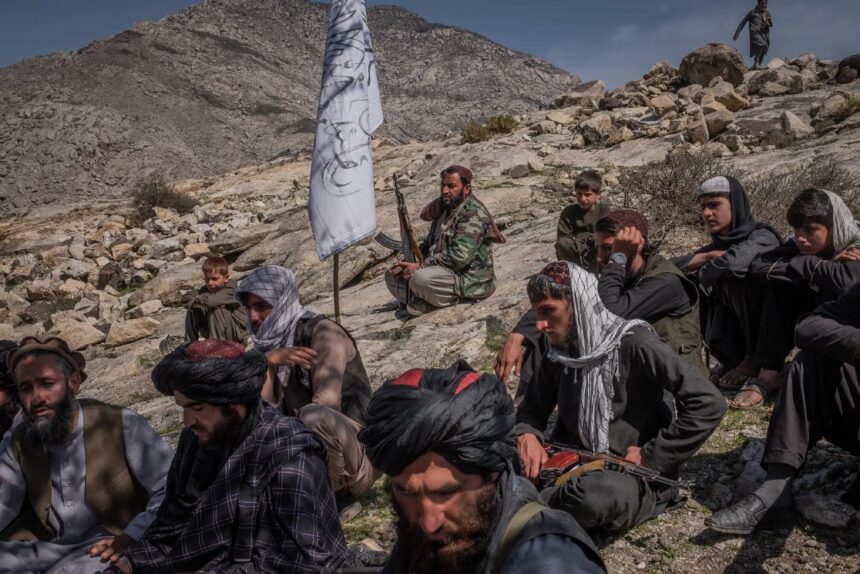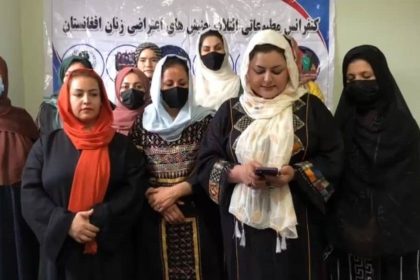RASC News Agency: More than two decades after the September 11 attacks that thrust the Taliban onto the global stage as a symbol of religious extremism and militant rule, the group remains one of the most controversial and divisive forces in international politics. Despite its violent resurgence in August 2021 and its de facto control over Afghanistan, the Taliban have failed to gain formal recognition from any sovereign state leaving their political and legal status in a state of contentious limbo. This lack of global consensus has produced a fragmented international response, marked by a patchwork of sanctions, diplomatic gestures, and humanitarian caveats. Institutions like the United Nations Security Council have imposed targeted measures namely Resolution 1988 which sanctions individuals and entities linked to the Taliban. These include travel bans, asset freezes, and arms embargoes. Crucially, these sanctions are separate from those targeting al-Qaeda, placing the Taliban under distinct international surveillance.
However, how countries implement these measures varies widely. While the European Union and the United Kingdom have not designated the Taliban as a terrorist organization in their own right, they have adhered to the UN’s restrictions. The United States, in contrast, has taken a much firmer stance labeling the group under Executive Order 13224 as “Specially Designated Global Terrorists.” This designation cuts the Taliban off from international financial systems and criminalizes financial interactions with them by U.S. nationals. Though the Taliban as an organization are not on the official U.S. State Department’s Foreign Terrorist Organizations (FTO) list, key affiliates such as the Haqqani Network and Tehrik-i-Taliban Pakistan (TTP) both known for their operational and ideological alignment with the Taliban have been designated. This speaks to the intricate web of regional jihadist networks that the Taliban continue to foster rather than dismantle.
Other countries have taken a variety of approaches. Canada and Australia have formally classified the Taliban as a terrorist group. New Zealand has opted for full compliance with UN sanctions while refraining from unilateral designation. Yet, a growing number of states most notably Russia and China have chosen a more transactional path, driven by strategic interests rather than democratic values. In a striking and controversial move, Russia while technically maintaining the Taliban’s designation as a terrorist entity has suspended its enforcement. The Kremlin recently handed over the Afghan embassy in Moscow to Taliban-appointed diplomats, signaling a de facto recognition cloaked in diplomatic ambiguity. Similarly, Kyrgyzstan has removed the Taliban from its list of banned organizations, while Kazakhstan and other Central Asian states are openly reconsidering their stance in the wake of regional realignments.
China, which has economic interests in Afghanistan’s vast mineral resources, has not formally recognized the Taliban but has intensified diplomatic engagement, including high-level meetings and potential investment discussions. India, for its part, remains officially noncommittal, stating that its policy will be shaped by future UN decisions though Indian officials have quietly participated in regional dialogue formats involving the Taliban. Meanwhile, Taliban-appointed envoys now operate in embassies and consulates across at least six neighboring countries, despite the lack of formal recognition. Their growing diplomatic footprint does not, however, reflect an international endorsement of legitimacy, but rather the geopolitical reality of a regime entrenched in power regardless of its legal status.
The United Kingdom has retained a cautious, humanitarian-driven approach, insisting that engagement with Taliban officials is aimed solely at addressing humanitarian emergencies and security concerns not at legitimizing a repressive and regressive regime. Yet amid these divergent approaches, one reality remains clear: the Taliban’s domestic governance has been nothing short of catastrophic. Since reclaiming Kabul, the group has systematically dismantled Afghanistan’s civil institutions, stripped women and girls of virtually all rights, shut down independent media, persecuted ethnic minorities, and brutally suppressed dissent. Human rights defenders, journalists, and former public servants face constant threats, arbitrary detention, and public humiliation.
While some governments flirt with diplomatic overtures, critics warn that such engagement only emboldens the Taliban’s pursuit of de facto recognition without reform. “There is no moderation, no inclusivity, no justice under Taliban rule,” said a former Afghanistani diplomat now in exile. “This is a regime built on repression, propped up by fear, and buoyed by international indecision.” Indeed, the global community’s fragmented posture has only served to benefit the Taliban, allowing the group to operate in a grey zone avoiding full isolation while extracting concessions through humanitarian channels. As regional powers navigate a pragmatic calculus, the Taliban continue to pursue legitimacy without accountability, seeking to normalize an authoritarian and theocratic rule that stands in direct opposition to modern governance, human dignity, and international law.
The question, then, is not simply whether the world should recognize the Taliban. It is whether the world is willing to sacrifice its core principles at the altar of geopolitical convenience. For the Afghanistani people especially women, minorities, and the forcibly silenced the answer remains painfully unresolved.
Why the World Remains Divided on the Taliban?






